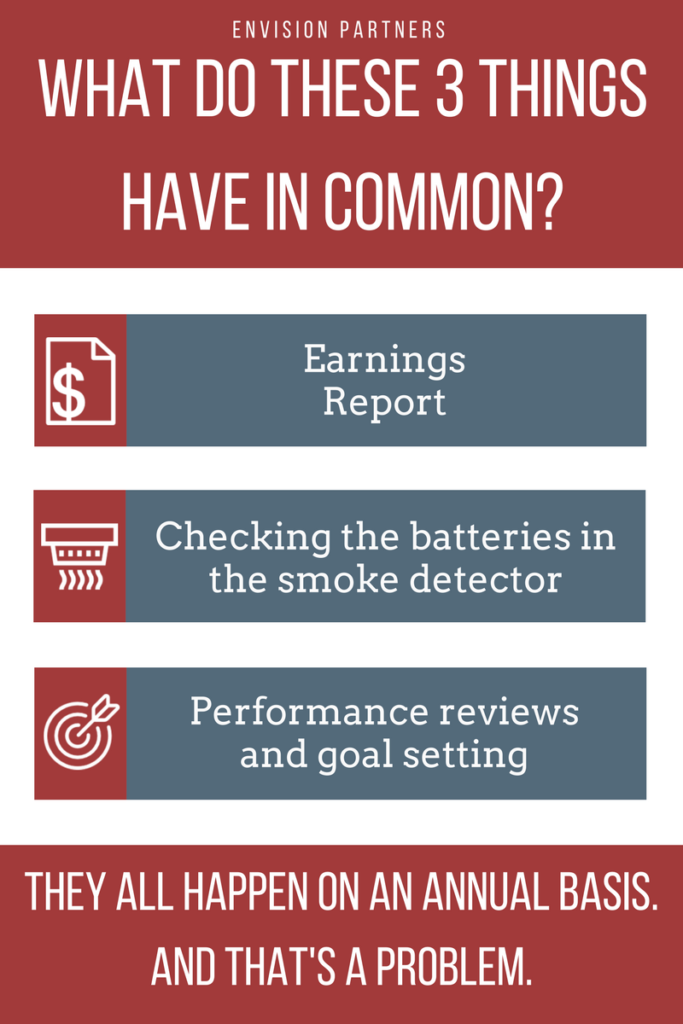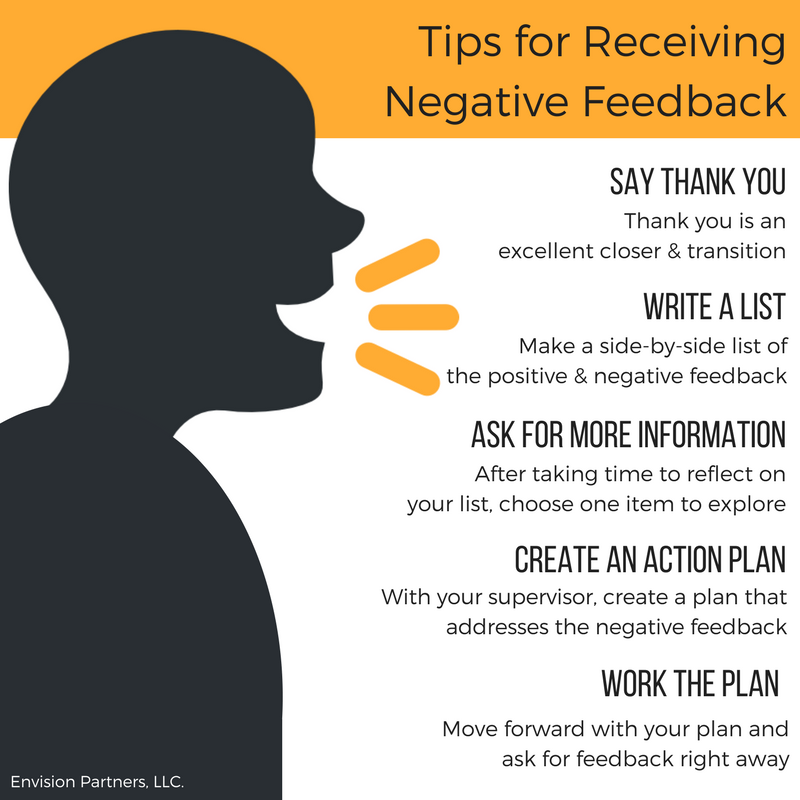Necessary But Not Sufficient
Being an expert in your field is necessary, but it is not sufficient to be seen as a subject matter expert.
Judy and Tomer went to the same outstanding school, had the same major, and did internships at different, but what are considered the top two national companies in their field. They both chose and were hired by a smaller competitor closer to home and where they imagined there to be more growth opportunities. For the company it was a no-brainer to bring in these two who were at the cutting edge of their discipline, hard-working and smart. Judy and Tomer stayed on parallel promotion tracks for the past 5 years. However, Tomer has lately noticed that Judy has been getting more opportunities to meet with upper management, and—not that Tomer compares—Judy has more people on her team than he does.
What’s more, Tomer has added several certifications to his degree that really put him ahead of Judy when it comes to knowledge about the programs and processes at their company. Why was Judy getting requests from upper management to explain the technology to shareholders? Why were Tomer’s team members going to Judy for clarification? Why is Judy, Tomer’s peer, seen as the subject matter expert in their shared area?
The subject matter expert is the person we go to for information, not necessarily the person with the most information.
Whether you are a scientist, engineer, accountant or in sales in a technical organization, subject matter knowledge is a pre-requisite to success. Most of your peers have the same degrees and work experience as you do. While you might disagree with them on certain technical topics, they are equally capable of logically supporting their point of view. Given the choices, why do some experts come to be seen as subject matter experts and others not so much?
Helping colleagues solve problems and complete tasks, giving others credit, hearing others’ ideas and working without fanfare are part of becoming a subject matter expert.
A subject matter expert adds value to their knowledge by making their expertise accessible to the receiver, mixing and combining their knowledge with others’ ideas. By doing this, the listener is more likely to use what they have heard and find success. This success brings the learner back for more. If you are truly confident in your knowledge, tailor your communication to the audience and focus much less on having to dazzle them with your brilliance.
The valued subject matter expert combines technical competence with personal credibility to achieve recognition.
Whether one-on-one or to a group, by engaging with the other person where they are increases your personal credibility. Personal credibility is a belief in you and what you say. The audience, experts or not, may not understand, may not like or may not agree with what you have to say, but with a good dose of personal credibility these difficult aspects are more acceptable and actionable—which makes you more valuable.











